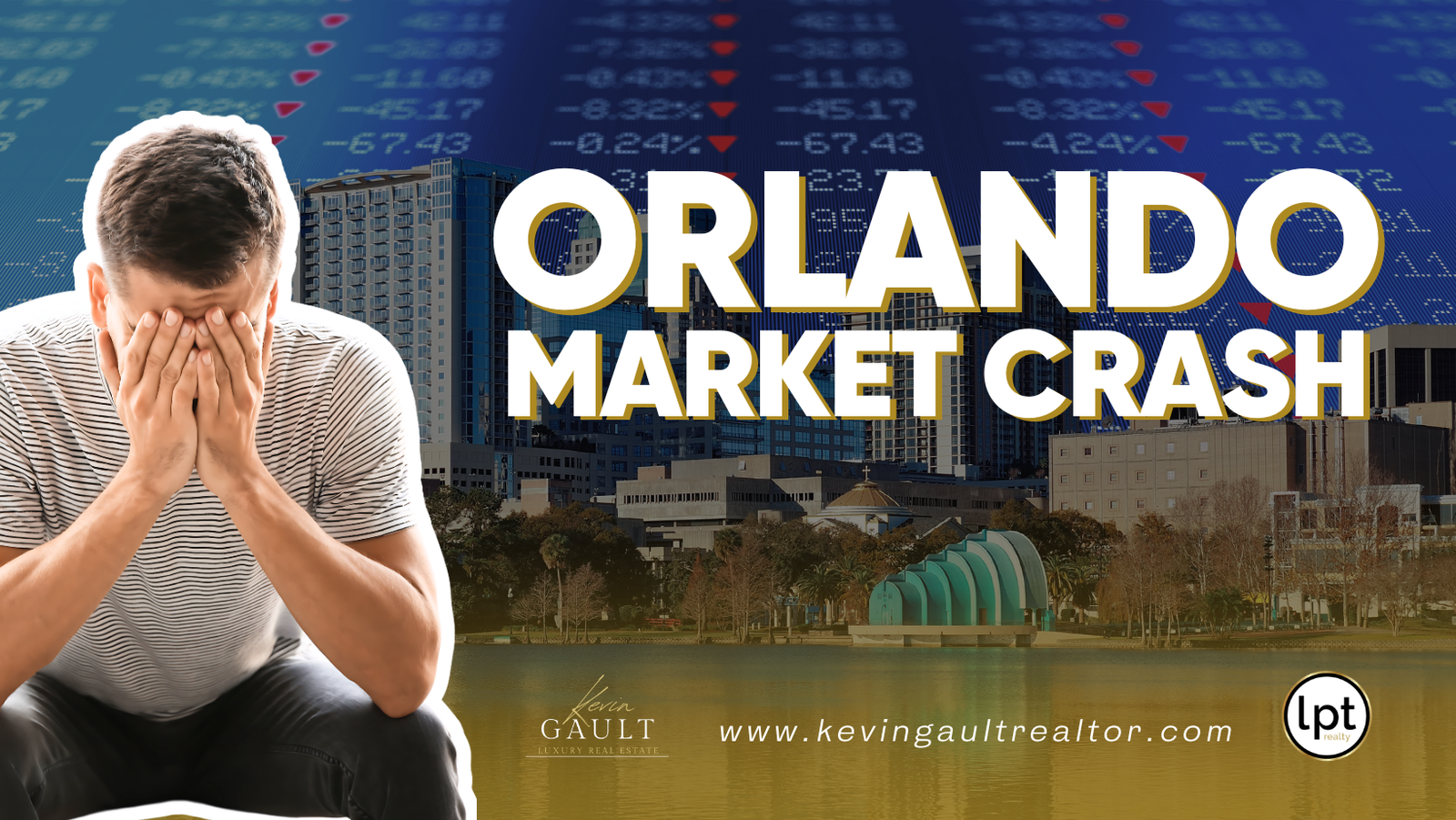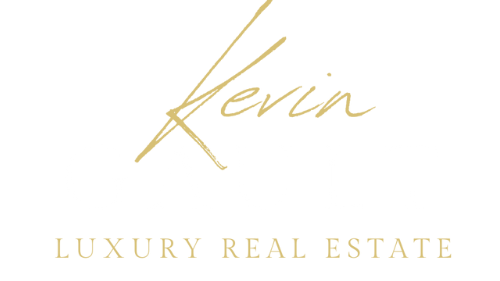
The real estate market can be a rollercoaster, with periods of growth, stagnation, and decline impacting homebuyers, sellers, and investors. Orlando, one of the hottest housing markets in the U.S., has seen rapid price increases and intense demand. However, fluctuating interest rates, inflation, and economic uncertainties have many wondering: Is the Orlando real estate market on the brink of a crash? This article explores the main factors shaping the Orlando market and what experts predict for its future.

A Look Back: Orlando’s Recent Real Estate Boom
In recent years, Orlando’s real estate market has surged. A booming tourism industry, population growth, and low-interest rates fueled high demand, attracting families, retirees, and investors seeking affordability and opportunities. Between 2020 and mid-2023, home prices skyrocketed, often selling above asking price amid intense bidding wars. Out-of-state and international investors flocked to Orlando, adding even more competition.
But now, as we approach the end of 2024, many wonder if the market is set for a correction or even a crash.
Will Orlando’s Real Estate Market Crash? Examining the Data
While predicting the future is difficult, we can assess Orlando’s real estate landscape by examining key factors:
- Interest Rates and Mortgage Costs
Rising interest rates have made borrowing more expensive, pricing out some buyers and reducing others’ purchasing power. Higher mortgage rates could cool demand and slow price growth, but this doesn’t necessarily spell a crash. Instead, it may lead to a period of stabilization, where price growth moderates or slightly declines due to affordability concerns. - Inventory Levels in Orlando
For years, limited housing inventory has driven Orlando’s high prices. While inventory has begun to increase, it’s still low compared to pre-pandemic levels. Experts believe we won’t see a flood of new homes to dramatically impact prices, as builders face high costs, supply chain delays, and labor shortages that slow down new developments. - Strong Demand
People continue to move to Orlando for job opportunities, favorable weather, and relatively affordable housing. With continued in-migration, particularly from higher-cost states, demand remains strong. Experts predict that Orlando will retain solid buyer and investor interest, which could prevent drastic market drops.
Additionally, Orlando’s robust rental market attracts investors looking for profitable rental properties, especially with the city’s thriving tourism sector. - Economic Resilience
Orlando’s diverse economy is another stabilizing factor. Beyond tourism, Orlando has growing sectors in tech, healthcare, and education. This economic variety shields Orlando from downturns more effectively than cities relying heavily on a single industry, adding resilience to the local real estate market.


Possible Scenarios for Orlando’s Real Estate Market in 2024
Though a full-blown crash seems unlikely, several scenarios could play out:
- Scenario 1: Gradual Cooling
The most probable outcome is a gradual market cooling, where higher interest rates and increased inventory lead to balance. This means fewer bidding wars, more time for buyers, and moderate price increases instead of sharp spikes. Some areas might experience slight price dips or stability without a dramatic crash. - Scenario 2: Short-Term Corrections in Hot Areas
Areas of Orlando that saw extreme price hikes may experience short-term corrections, particularly if they relied heavily on investor demand. These corrections are likely minor and temporary, not a sign of a broad market collapse. - Scenario 3: Continued Growth in Key Sectors
Orlando’s rental, second-home, and vacation property markets may continue to thrive. Investors, particularly in areas near tourist attractions, may keep prices stable or growing. A strong tourism industry could bolster the short-term rental market and keep prices elevated in certain segments.
What Should Buyers, Sellers, and Investors Do?
The current market requires a strategic approach:
- Buyers: Rising mortgage rates might limit your budget, but increased inventory offers more options. Consider purchasing before rates rise further, and focus on neighborhoods with long-term growth potential.
- Sellers: Although prices may not rise as fast, demand remains strong, especially for well-maintained homes in desirable areas. Now is a good time to sell, but realistic pricing expectations are key.
- Investors: Orlando is still an attractive option for long-term investment, particularly in the rental market. Focus on neighborhoods with solid infrastructure, proximity to jobs, and amenities to attract both renters and future buyers.

Conclusion: No Crash, but Stability Ahead
Orlando’s real estate market likely won’t crash soon, but signs of stabilization are already emerging. The era of dramatic price increases and intense bidding wars may be cooling, but strong demand, a diverse economy, and limited inventory support the market’s overall health.
Both buyers and sellers should adjust expectations, understanding that this healthy correction will support long-term stability.
If you’re looking to buy, sell, or invest in Orlando, consult with a real estate expert who can guide you through this shifting landscape and help you make the best decisions.
